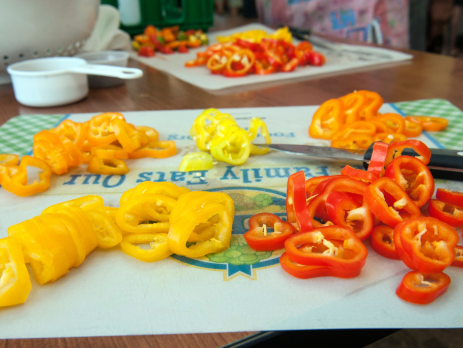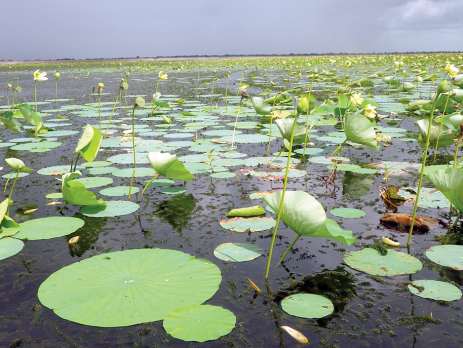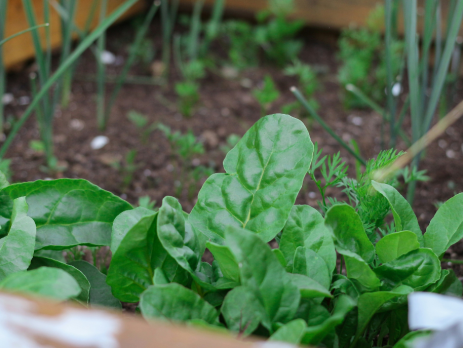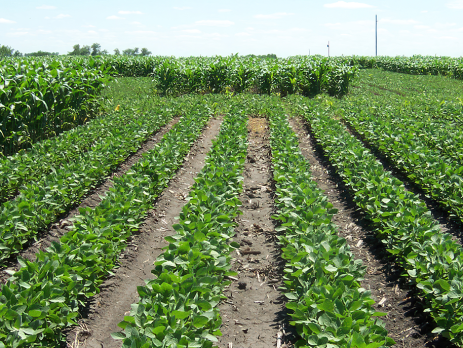Institution
In New York, Extension program instills community pride, one block at a time
In Rochester, New York, a program led by Master Gardeners and Cornell Cooperative Extension has helped low-income residents transform more than 700 blocks in their neighborhoods into beautiful, blooming gardens that instill community pride. It all started about a decade ago with a Master Gardener volunteer who came up with the idea for the community beautification effort. The program, called [...]
















